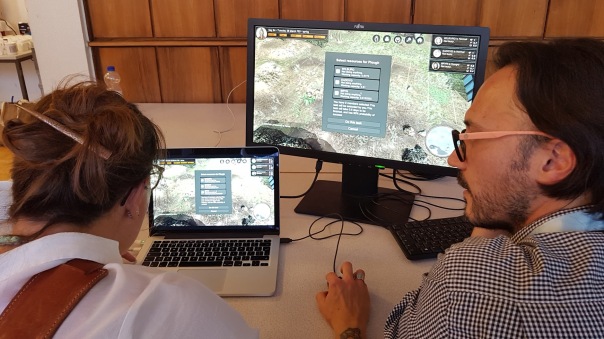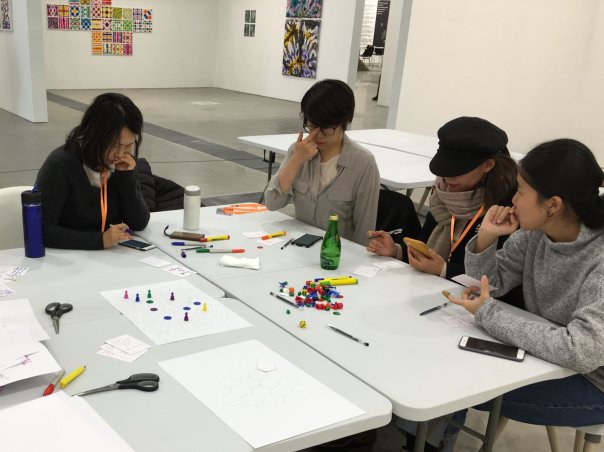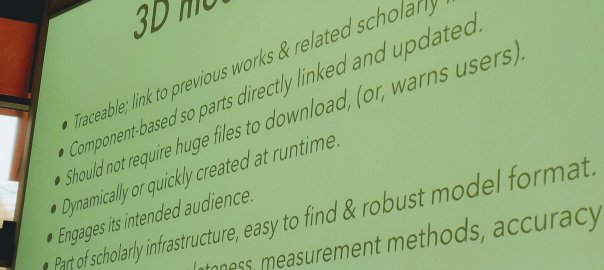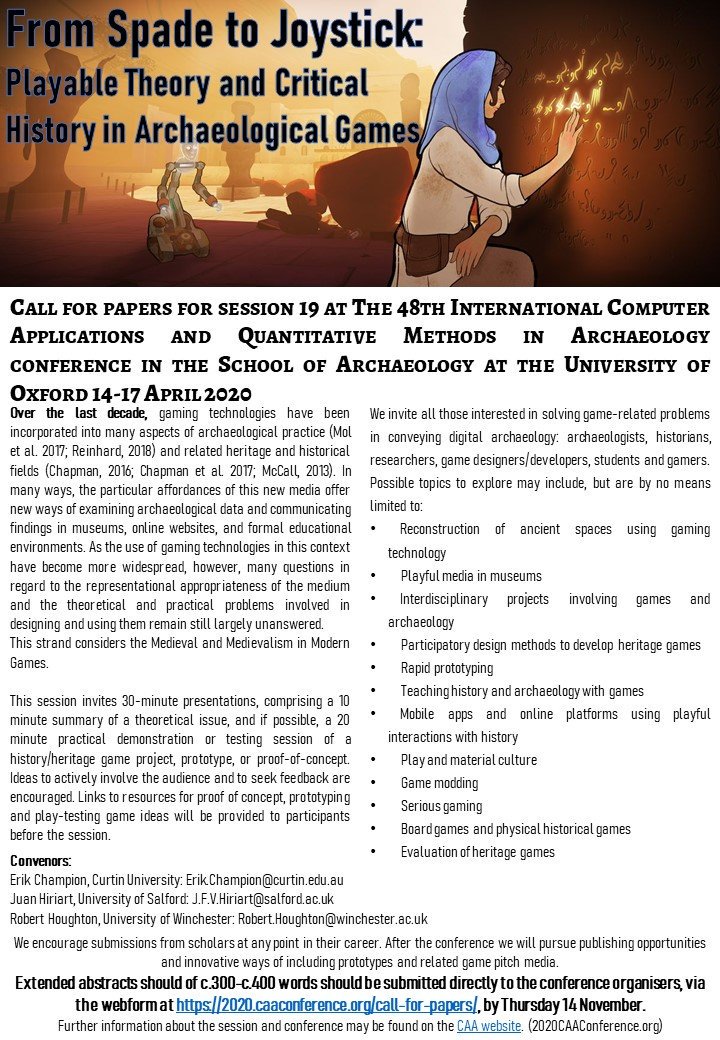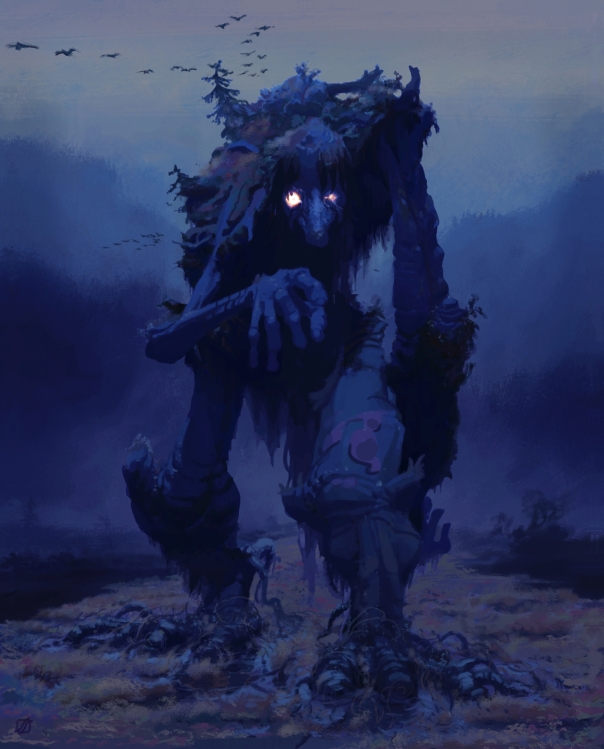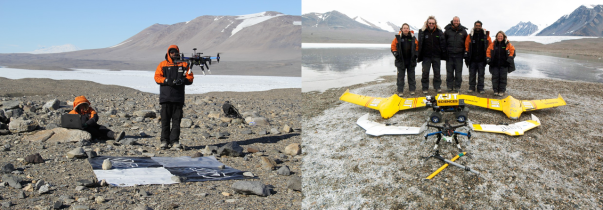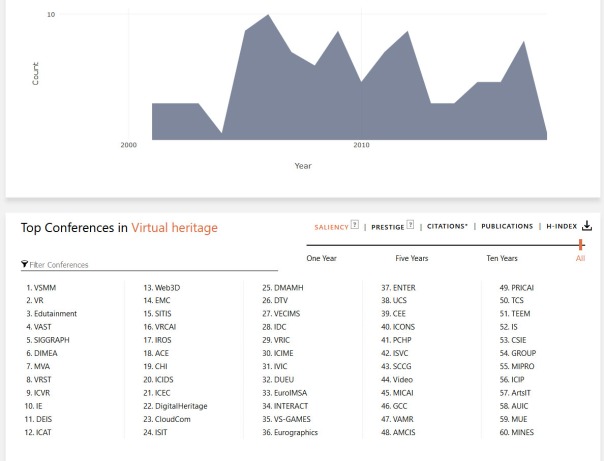Juan Robert and I were fortunate to have our session proposal accepted for Computer Applications and Quantitative Methods in Archaeology conference (CAA2020), 14-17 April, 2020, Oxford UK. Here it is below. We will work on a session call for papers in the next few weeks.
CAA2020 session proposal (format: other)
Themes and issues addressed by the session
Over the last decade, gaming technologies have been incorporated into many aspects of archaeological practice (Mol, Ariese-Vandemeulebroucke, Boom, & Politopoulos, 2017; Reinhard, 2018) and related heritage and historical fields (A. Chapman, 2016; Adam Chapman, Foka, & Westin, 2017; McCall, 2013). In many ways, the particular affordances of this new media offer new ways of examining archaeological data and communicating findings in museums, online websites, and formal educational environments. As the use of gaming technologies in this context have become more widespread, however, many questions in regard to the representational appropriateness of the medium and the theoretical and practical problems involved in designing and using them remain still largely unanswered.
We invite submissions addressing the historical questions related to digital archaeology and related computer applications when applied to and experienced in the medium of computer games and playable interactive experiences. Which issues could be better tackled in archaeology and heritage games? Which central related issues have writers raised but not resolved and can we resolve them?
In particular, we are interested in answers to the following questions:
- How can historical methods and interpretations be transferred and evaluated in archaeology and heritage-related interactive, playable media?
- How can specific historic periods or historically distinctive sites and cultures be experienced and conveyed through interactive, playable media?
A description of the proposed format for the session
We envisage a half-day 3 to 4-hour session of 30-minute presentation, featuring a theoretical issue, and if possible, a practical demonstration or testing session of a history/heritage game project, prototype, or proof-of-concept. Ideas to actively involve the audience and to seek feedback are encouraged. Links to resources for proof of concept, prototyping and play-testing game ideas will be provided to participants before the session.
The importance and potential contributions of research in the field
In recent years, a growing community of scholars have focused their attention to the study of the intersections between history, archaeology and games, joining efforts in a field now established as historical game studies; “the study of those games that in some way represent the past or relate to discourses about it” (Chapman, 2016, p. 16). The scope of this strand can be positioned within this field of inquiry, as well within the more recently proposed research area of archaeogaming, the “archaeology both in and of digital games” (Reinhard, 2018, p. 2).
There are very few workshops and interactive sessions at digital archaeology conferences in the area of game design and game theory. We ran a workshop on game prototyping at CAA Atlanta, and we believe that session was highly successful, but we did not clearly explain how historical problems in game design can be tackled, this session aims to address that.
Focal questions:
- Problems of using gaming interactions in archaeological context (ethics, trivialisation of history…)
- Translation of historical / archaeological data into game form
- Narrative and drama versus freedom and autonomy of the player
- Historical accuracy versus immersion and engagement
- Conveying historically situated events, places and perspectives through games
Likely audiences for proposed session
We invite all those interested in solving game-related problems in conveying digital archaeology: archaeologists, historians, researchers, game designers/developers, students and gamers. Possible topics to explore may include, but are by no means limited to:
- Reconstruction of ancient spaces using gaming technology
- Playful media in museums
- Interdisciplinary projects involving games and archaeology
- Participatory design methods to develop heritage games
- Rapid prototyping
- Teaching history and archaeology with games
- Mobile apps and online platforms using playful interactions with history
- Play and material culture
- Game modding
- Serious gaming
- Board games and physical historical games
- Evaluation of heritage games
An overview of the expected outcome of the session
After the conference we will pursue publishing opportunities and innovative ways of including prototypes and related game pitch media.
Organizers
Erik Champion is Professor and UNESCO Chair of Cultural Visualisation and Heritage at Curtin University. He has written Critical Gaming: Interactive History and Virtual Heritage, (Routledge, 2016), and Playing with the Past (Springer, 2011), and edited Phenomenology of Real and Virtual Places (Routledge, 2018), and Game Mods: Design, Theory and Criticism (ETC Press, 2012) as well as co-editing Cultural Heritage Infrastructures in Digital Humanities (Routledge, 2017). He has taught or organized game workshops in Qatar, Turin, and Atlanta.
Juan Hiriart is a digital designer and senior lecturer in Interactive Media Arts and Design at the University of Salford, in Greater Manchester. His doctoral thesis, ‘Gaming the Past: Designing and Using Digital Games as Historical Learning Context’ was completed in May 2019 at the University of Salford. He has developed and taught game design and digital media programmes in the UK, Malaysia and China.
Robert Houghton is a Senior Lecturer in Early Medieval European History at the University of Winchester. Outside the University he works as a researcher for Mouseion Ltd and with Paradox Interactive and as an editor for The Public Medievalist. His teaching interests include the Italian city communes and proto-communes, Church and Empire during the Investiture Contest, and representations of the Middle Ages in modern games.
References
- Chapman, A. (2016). Digital Games as History: How Videogames Represent the Past and Offer Access to Historical Practice.
- Chapman, A., Foka, A., & Westin, J. (2017). Introduction: what is historical game studies? The Journal of Theory and Practice: Special section: Challenge the Past – Historical Games, 21(3), 358-371.
- McCall, J. (2013). Gaming the past: Using video games to teach secondary history: Routledge.
- Mol, A. A. A., Ariese-Vandemeulebroucke, C. E., Boom, K. H., & Politopoulos, A. (2017). The Interactive Past: Archaeology, Heritage & Video Games: Sidestone Press.
- Reinhard, A. (2018). Archaeogaming: An introduction to archaeology in and of video games: Berghahn Books.
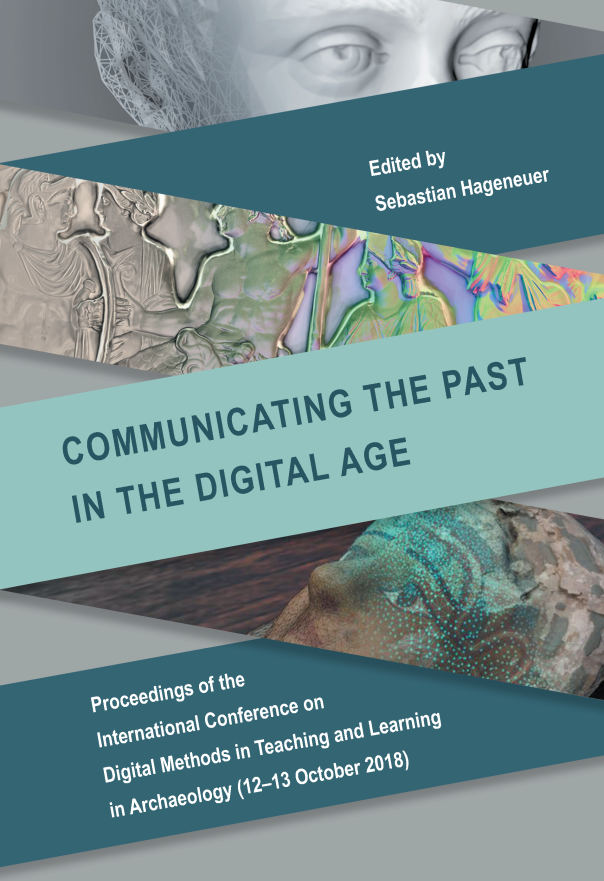 And I wrote a chapter in it!
And I wrote a chapter in it!
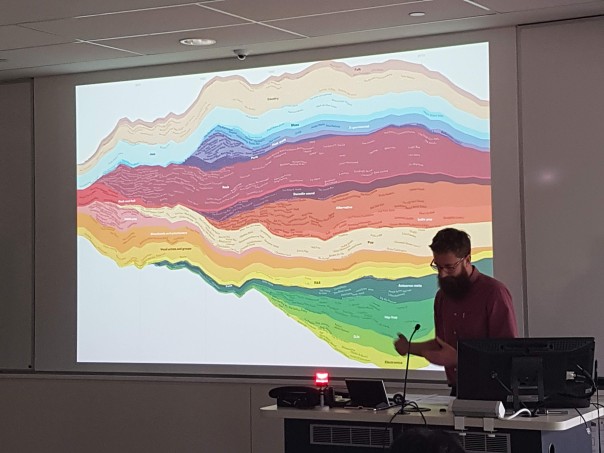 Space, place and people-oriented technologies and challenges of digital humanities.
Space, place and people-oriented technologies and challenges of digital humanities.